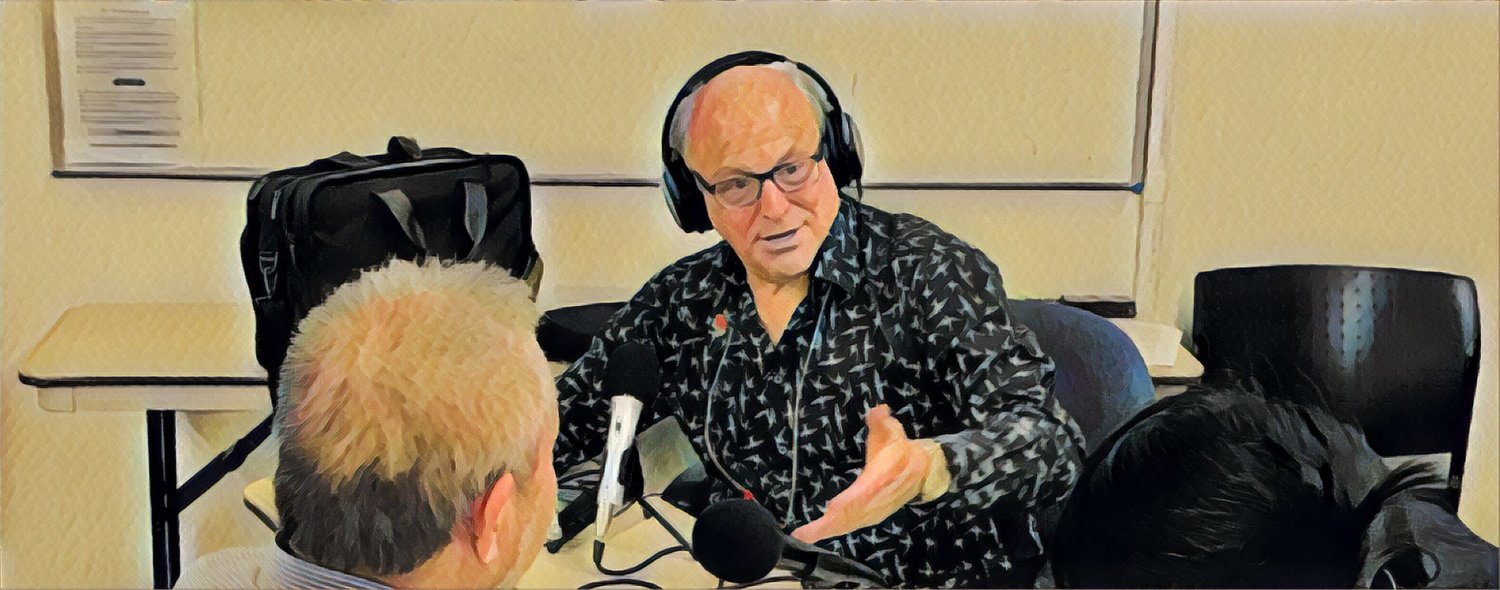It is the responsibility of every educator to bring their understanding of love and wisdom to their practice. With that responsibility comes freedom; freedom to participate in wisdom-based relationships, freedom to create meaningful curricula and perhaps most importantly, freedom to nurture, deepen and expand their own love and their own wisdom.
If you need to ask why should you engage the responsibility/freedom of knowing and expressing love and wisdom than you are a teacher, not an educator. An educator “draws forth”; a teacher “trains, assigns, directs, warns and persuades.”
I am not going to tell you, or anyone, what wisdom and love is. That’s for each of us to uncover. I can, however, tell you some of what it is not for an educator. And I will.
Blocks to Wisdom and Love in Education
Block #1—Belief in Programs and Research
Wisdom and Love never reside in a program. Wisdom and love are not guaranteed by inquiry, Project Based Learning, experiential learning, service based learning, wilderness programs, technology or whatever the next wave brings. Nor does the end of standardized testing, information about brain research, smaller class sizes, eliminating bullying, eating healthier foods, or caring for the environment bring forth love and wisdom.
More catastrophic, belief by the instructor programs and research destroys whatever opportunity there might have been for wisdom and love to emerge. Few circumstances objectify a student more than their teacher shifting responsibility for their development to a program, or to the results of a research study.
Block #2—Belief in Agendas
Belief in the educational agenda of the district, city, state, and nation reinforces the catastrophe. If an educator accepts Common Core, if they accept that the aim of education is to turn children into competitors in the global marketplace then they live as teachers. Wisdom, love, and relationship do not manifest.
Belief in agenda combined with belief in programs adds up to exalting students who “succeed” in these proscribed arenas. Others are left behind. The cultural priorities are reinforced. The blindness to racial and gender prejudice is reinforced. Emotional intelligence ignored, interpersonal dynamics suffocated. There is an agenda, a program to support that agenda, and those who fit the parameters are the bright ones. Repeating a judgment of overseers in American education dating back to the Revolutionary War, educate the bright ones, that is, the ones who exemplify the dominant cultural paradigm. The rest are only going to be tradespeople anyway.
Block #3—Glorifying Skills and Talents
Every child has a gift, a unique combination of skills and talents that can bring success and happiness. Finding that gift and creating opportunities for its expression allow student and educator to thrive. Prowess at athletics, or computers, or chess, or violin, or any other skill or talent should be engaged.
Glorifying skills, however, teaches the child that their identity is the skill. Yet each of us is much more than any skill, no matter how abundant the reward for that skill. Consider the difference between introducing a student and then attaching their skill set to that introduction (I’d like you to meet Mary, our star female basketball player) and simply introducing the student (I’d like you to meet Mary.)
The Big Block—Objectification
Believing in a program, buying into an agenda, and glorifying the skills and talents of students share in the most egregious impediment to wisdom and love in education: objectification of the student. No one is an “it”. No one can be known when they are viewed as competitors in the global marketplace, examples of a program, or superior because of their talent and skill..
We are NOT what we do. We are. What we do is secondary and the result of a complex array of factors that include natural skills, socio-economic background, cultural preferences (and biases), and family dynamics. Even if we could parse and organize these factors there yet lies a mystery as to the nature of existence and the conditions in which wisdom and love emerge. Objectification denies the mystery and ignores the socio-economic factors while pretending that we should be known and educated by what we do. And in so doing misses who we are.
The Importance of Educators
Natural Learning Relationships includes this maxim: Capacities are innate; development depends upon relationship. Without educators, without those willing to live wisdom and love in their learning world then the capacities for wisdom and love do not flourish.
A Final Note
And, as a final note, a quote from Goethe:
We only learn from those we love.
